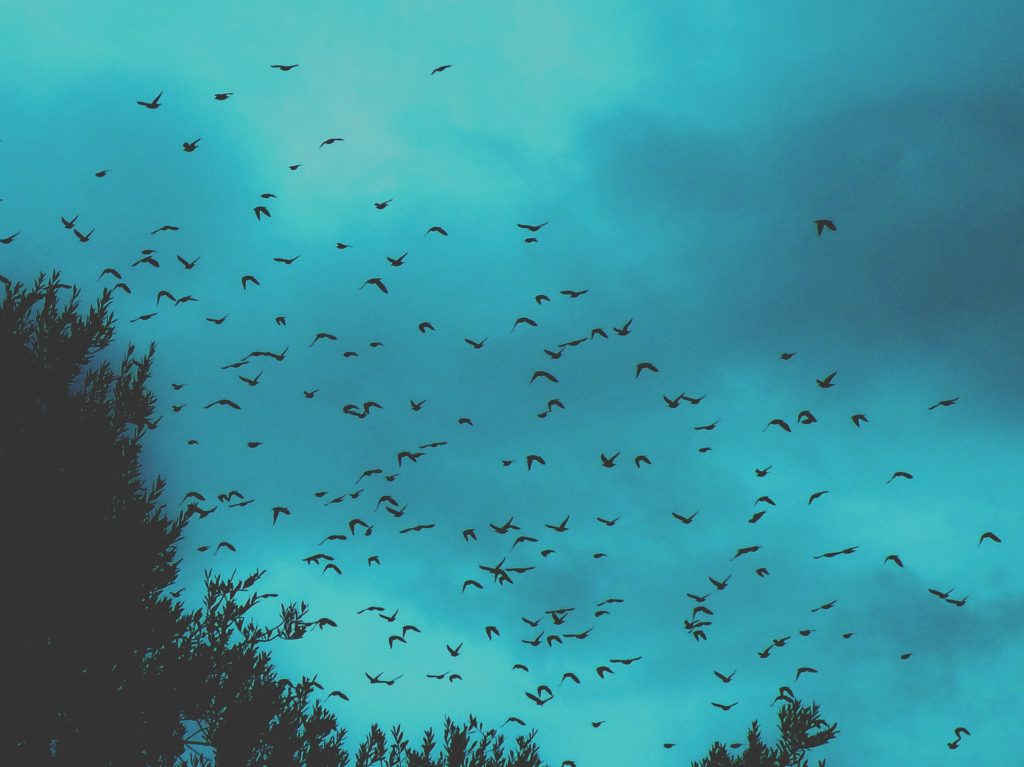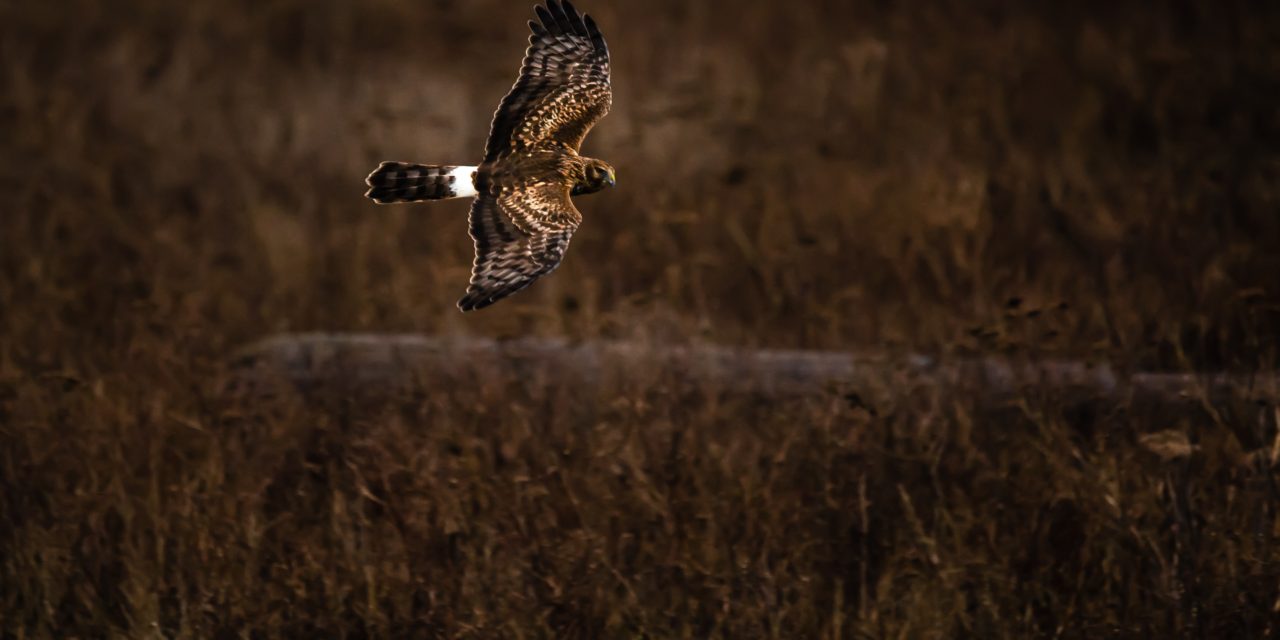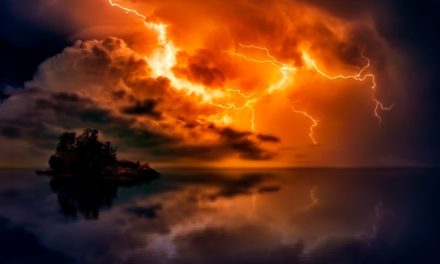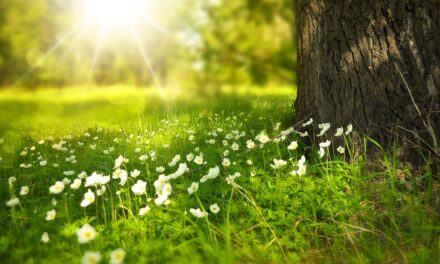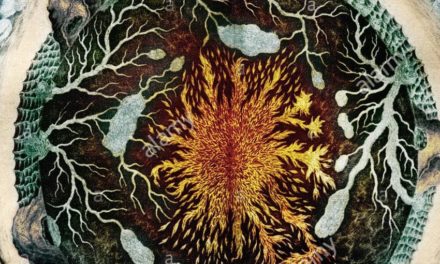My neighborhood is home to a few giant hawks. I look for them whenever I’m out walking. They catch my eye as they swoop by, their wings spread wide, the underside of their bellies white as country snow. I stand in awe.
When I see a bird soaring, I imagine what it would be like, to be up high, to feel the wind lift you, to turn and bank and glide. I would love to fly like that. No human endeavor comes close.
I thought about skydiving once. It was kind of a whim—I was driving down a stretch of road and a parachute caught my eye. I pulled onto a side street and got the kids out of the car so they could watch. It was beautiful, and if I could have gone up in a plane that moment, I would have. I couldn’t, I didn’t, I’m no longer sure that I want to. But to fly like that. It takes hold of something deep inside me, some hidden yearning for freedom, or maybe it’s for ease, or for the way being up above it all allows you to see the bigger picture.
Five years ago I barely noticed the birds. It’s hard to remember how, or why, but it’s easy to explain the way they finally got my attention: during a time of deep personal struggle, feathers started showing up everywhere. Tiny feathers right underfoot during a walk. White feathers stuck in the grass like a flag. Brightly colored feathers in art projects my daughter brought home. Brown feathers in dreams. Giant hawk feathers lying neatly across my front doorstep.
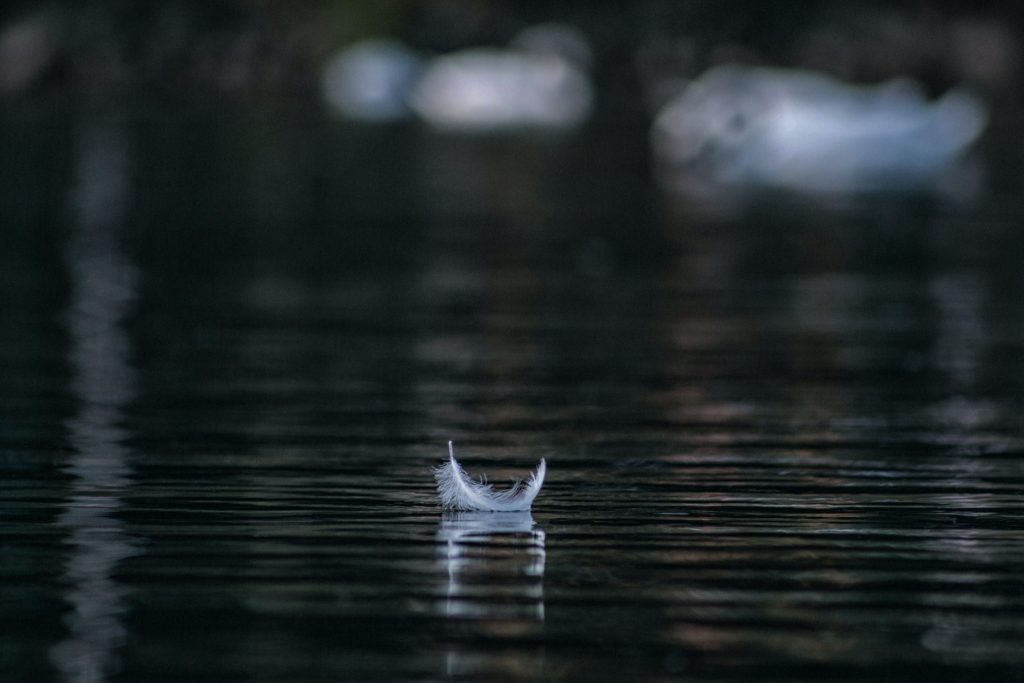
Maybe even more surprising than waking one morning to find a giant hawk sitting atop the children’s playhouse in my backyard, and later finding one of his feathers in my front yard, was that I found them in my past. In a shadowbox on my dining room wall is the hand-sculpted, light-as-air clay flower that I wore in my hair the day I got married. A wisp of feathers made a cushion for the petals. I always knew they were there, but still I was shocked to notice them with fresh eyes once feathers started appearing everywhere. I mention the trail of feathers to my mom, who reminds me that as a young child I collected feathers, stuck them in a photo album, peeling back the static page cover and gently trapping feathers in place the way one would pictures. In that case, I wondered, maybe they’ve been begging me to notice them my whole life.
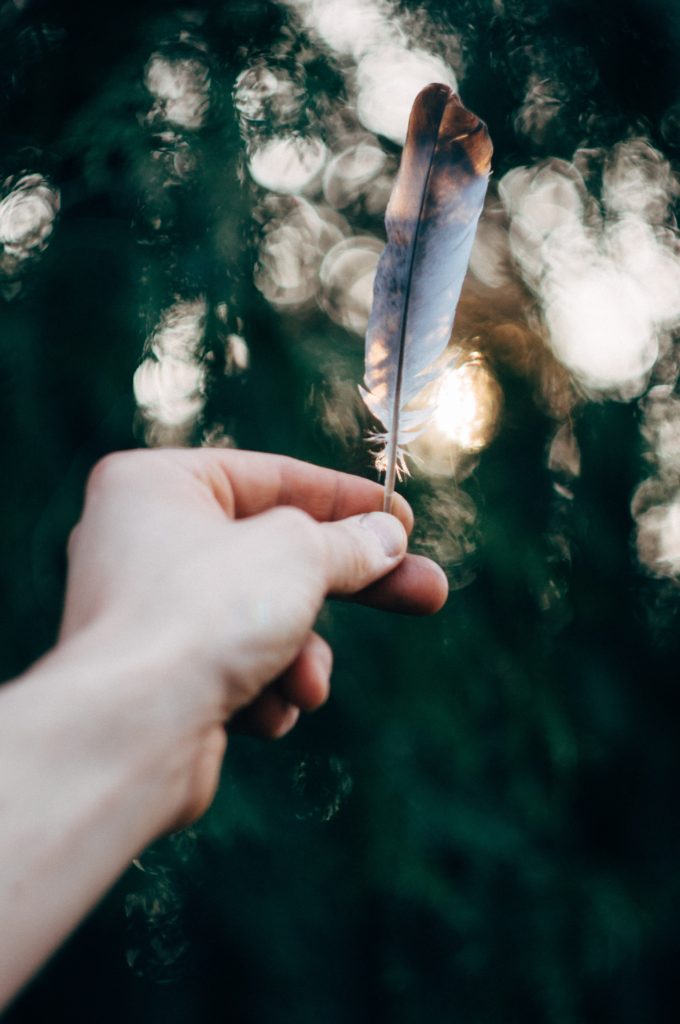 So I started to ask for them, silent requests to the Universe: Please, if I’m on the right track, show me a feather today. If everything is going to be okay, please, give me a feather. And every time, it never failed—a feather. I had never seen so many feathers in my life. I found them in spring, in summer, in the hush of winter. Had I just not been noticing them, like the birds themselves? Or were they here, now, because I needed the message they delivered?
So I started to ask for them, silent requests to the Universe: Please, if I’m on the right track, show me a feather today. If everything is going to be okay, please, give me a feather. And every time, it never failed—a feather. I had never seen so many feathers in my life. I found them in spring, in summer, in the hush of winter. Had I just not been noticing them, like the birds themselves? Or were they here, now, because I needed the message they delivered?
It felt true to me that, for whatever reason I began to notice them, they meant something, the exact thing that I needed to know, a solid fact delivered by a transient messenger: you are okay, it is okay, you are on the right track, keep going.
Until that time, I also hadn’t noticed how much nature mattered to me, how much I craved it. I spent much of my childhood outside, playing in the neighborhood, spending summers at camp, reading high up in a tree, my arm hooked around two perfectly shaped branches. That reverence for time spent outdoors disintegrated somewhere in my twenties, and it was back now, with a decade of time to make up for. I leaned against trees to feel their groundedness, I slipped off my shoes to walk barefoot in the lawn just to feel the forgotten pleasure of dirt and grass beneath my feet, I took walks and paused, eyes closed, every time I passed by a stream, so I could hear it until I felt it wrap around me. I spread a blanket in the middle of the backyard and fell asleep, lulled by the warmth of the sun and the wispy breeze and the soft sounds of nature. I scanned the sky for birds—soaring hawks, the red breasts of robins, the unique head feathers of the pileated woodpecker. One warm late spring day, I sat with my kids at the edge of a grassy farm, licking ice cream cones as a few dozen starlings mesmerized us with their impossibly synchronized air dance. They swooped and swerved together, left, right, up, down, back and forth, just in front of us, as we gaped, then smiled, then laughed in delight and awe and tears filled my eyes at the wonder if evoked in me; at the pure, simple perfection of the moment, the design of life.
I’ve always loved spring, but it means more to me now that I notice when the birds come back.
Around a month ago, I spotted the first small bird I’d seen all winter. Maybe it was a tree swallow, or a starling— I am just learning their names, and it caught me by surprise; I didn’t get a good look, but it made me happy all the same.
Last week, I guided my kids away from the playground on a rare warm day to follow the sound of geese nearby, only to stumble upon a large pond full of them, thousands of Canadian geese with their long elegant necks and graceful wings, floating on the water, standing on the ice, napping in the slush.
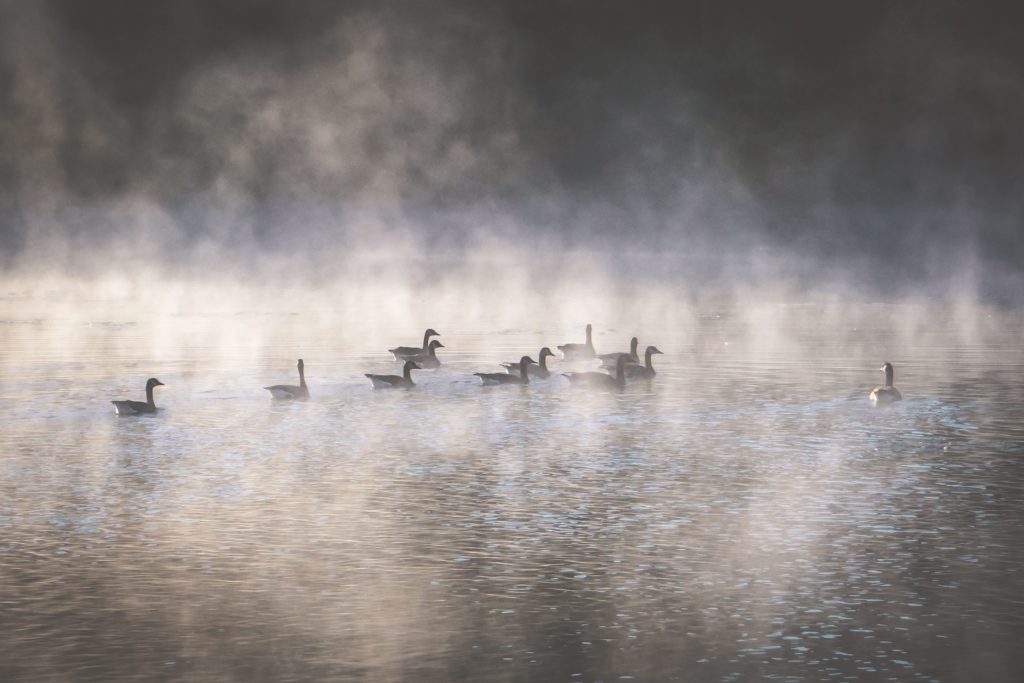
And just yesterday, out of the house to complete a string of errands, I spotted a pair of robins for the first time this year.
Moments ago, a red hawk came to land in the tall tree in my backyard.
I’m only starting to learn the names of the birds I see. Some are easy, like the cardinals and blue jays that visit our bird feeder in the spring. The kids have given them their own names, like pets— all cardinals are Pomegranate and all blue jays Blueberry— and all summer we eat our breakfasts taking glimpses out the sliding glass door to the feeder, hoping they’ll join us.
I know that the birds don’t need to be fed in the summer. It’s winter when the birds that stay north need the extra sustenance. In winter, there are fewer birds and the seed lasts in the feeder for days, a week even. In summer, it disappears daily. There are so many birds, and these have been lean years—with me working just part-time and devoting the rest of my time to the kids. We have always been stable but even so, we have often come to a place where we need to keep an eye on our money, where we promise: no extraneous expenses. But still, I have always bought birdseed.
It doesn’t feel like an extra. It feels important. It feels crucial, even, that I see the birds, that the kids grow up appreciating nature, that they make memories of eating breakfast on a slow, lazy morning with me, and Pomegranate, and Blueberry.
I know that these friends of mine are often considered a nuisance—that starlings are said to ruin cars with their poop, that geese are unfriendly and maybe downright mean— and maybe that’s true, but I don’t see them that way. I see them as signs—of spring, of freedom, of the magic of life— leaving little messages from the Universe that everything is more than just okay. It’s beautiful, and full of wonder, if you’re willing to open your eyes and see.
